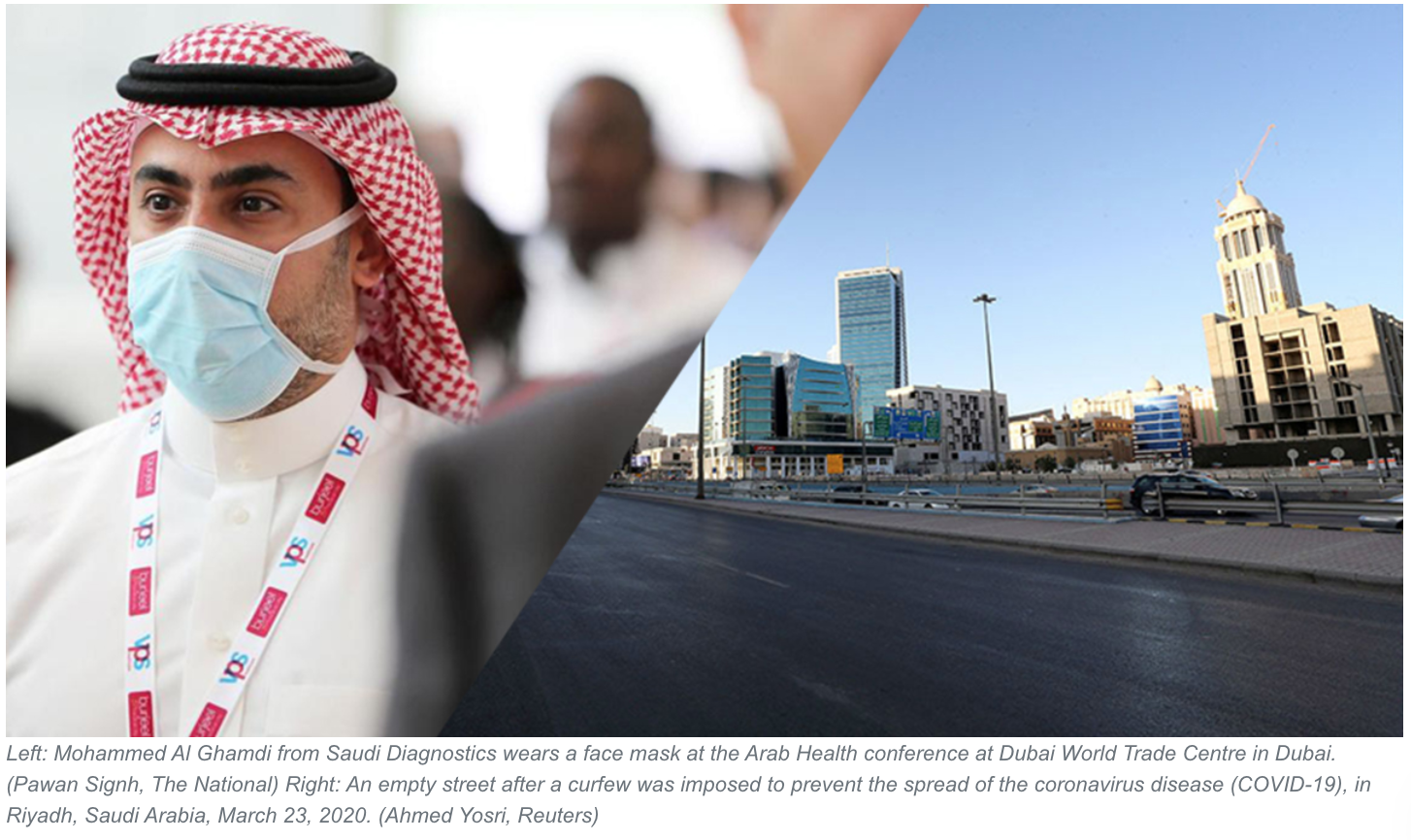How COVID-19 Could Affect Real Estate Development Trends in the GCC
The author, Kaveh Samsamy is a Director at TCN GCC.

As businesses adjust to working in a COVID-19 environment, unique challenges and opportunities could emerge for the real estate sector.
As COVID-19 spreads across the globe, new realities are emerging to navigate a world with social distancing, travel restrictions, and cycles of economic shutdown;and this represents both challenges and opportunities for the real estate development industry.
FREELANCERS AND THE ‘’GIG’’ ECONOMY
Even before COVID-19, freelancing, temporary and contract work has been on the rise globally. A recent McKinsey report cited that 1 In 6 workers in the United States for example, are ‘’gig’’ workers and that the economic output of the ‘’gig’’ economy was USD $1.4-Trillion in 2018. Given COVID-19’s effects, it is likely that we will see an increase in the share of
the ‘’gig’’ economy. Restrictions such as social distancing have less effect on ‘’gig’’ workers, who either work from home or otherwise are flexible in their work location, and often utilize technology to connect with others.
The combination of an increase in the ‘’gig’’ economy and COVID-19 pushing trends of remote working will require a response from the real estate sector. Traditional divisions of real estate asset classes into ‘’office’’ and ‘’residential’’ will need to change, instead yielding flexible building designs where remote work and living can be efficiently executed in one place, and technology is highly prioritized to enable remote working. Recent project trends in the GCC towards the ‘’co-living’’ concept, spearheaded by leading Dubai developer Emaar, are a first step in this direction.

RETAIL AND CONSUMER SHOPPING BEHAVIOUR
Prior to COVID-19, consumer shopping behaviour has been increasingly shifting to online purchasing, putting pressure on traditional storefront retail establishments, and with the COVID-19 crisis it is likely that this trend will continue. While not a positive trend for retail developments, this shift in consumer behaviour creates a huge opportunity for the oft-overlooked industrial real estate sector.
Logistics hubs, warehouses and storage facilities with updated and modern technologies that can enable mass deliveries direct to consumers, will see a rising need if current trends continue. Opportunities to develop modern industrial real estate projects, or to update and renovate older industrial areas, could become a leading development trend in the next decade.
 HOSPITALITY PROJECTS IN THE AGE OF LIMITED TRAVEL
HOSPITALITY PROJECTS IN THE AGE OF LIMITED TRAVEL
Before COVID-19, hotels were already facing challenges from more flexible travel solutions such as Air-BnB and the increase in Holiday Homes. However, with travel restrictions brought on by COVID-19 hotel projects may need to consider ‘’flexi-space’’ solutions which can be either utilized as a residential unit or a hotel key. A hotel offering that can also be utilized as long- term living would shield the project from a potential medium-term tourism drop event such as COVID-19. Such a project would require significant re-thinking of both how hotels are designed, and how hotels are operated. Some major hotel operators are indeed beginning to introduce innovative concepts, such as the new multiple- room layout concept by Marriott, as the hospitality industry adjusts to these new realities.
TCN GCC • The H Dubai, Level 30 Sheikh Zayed Road • P.O. Box 340669, Dubai, UAE • +971 4 405 82740 • info@tcnworldwide.ae • tcnworldwide.ae